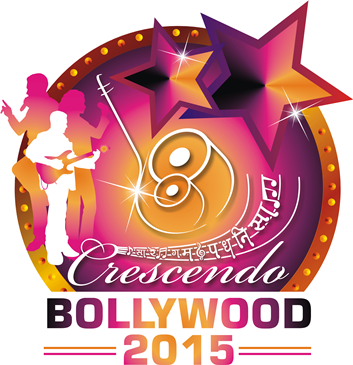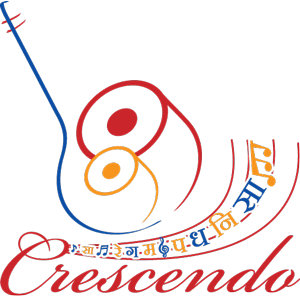| Nikhil Ranjan Banerjee | ||
|---|---|---|
| Gharana | Sitar - Rampur-Maihar |  |
| Speciality | Sitar | |
| Guru |
Allaudin Khan | |
| Born | Please login to view this information | |
| Died | Please login to view this information | |
| More information at : | Please login to view this information | |
| Short Bio : | Information submitted below has been put here only for educational purpose and has been submitted by community users and users of the site. SwarGanga has not verified any copyright and takes no responsibility whatsoever. If you feel that you own copyright to the material below, please let us know and we will with you on the same. Nikhil Banerjee was born on October 14, 1931 in Kolkata into a Brahmin family. His father, Jitendranath Banerjee, was an amateur sitarist and Banerjee was fascinated by his father's playing. Although he wanted to try his hand at an instrument as early as the age of four, he was discouraged by his father and grandfather. At the age of five, however, they relented and he acquired a small sitar, initially learning under his father. Banerjee grew into a child prodigy. He won an All-India sitar competition and became the youngest musician employed by All India Radio at the age of nine. Jitendranath approached Mushtaq Ali Khan to take Nikhil as a disciple, but was turned down. Instead Birendra Kishore Roy Chowdhury, the zamindar of Gouripur in present-day Bangladesh, was responsible for much of his early training. After Maihar, Banerjee embarked on a concert career that was to take him to all corners of the world and last right up to his death. All through his life he kept taking lessons from Ustad Allauddin Khan and his children, Ustad Ali Akbar and Smt. Annapurna Devi. Perhaps reflecting his early upbringing, he always remained a humble musician, and was content with much less limelight than a player of his stature could have vied for. For him, music-making was a spiritual rather than a worldly path: "Indian music is based on spiritualism; that is the first word, you must keep it in your mind. Many people misunderstand and think it's got something to do with religion – no, absolutely no! Nothing to do with religion, but spiritualism – Indian music was practiced and learned to know the Supreme Truth. Mirabai, Thyagaraja from the South, Haridas Swami, Baiju – all these great composers and musicians were wandering saints; they never came into society, nor performed in society." Even so, in 1968, he was decorated with the Padma Shri. Banerjee recorded only a handful of recordings during his lifetime but a series of live recordings continue to be released posthumously making sure that his musical legacy is preserved for posterity. He did not enjoy recording within the confines of the studio, though his early studio recordings with EMI India such as Lalit, Purya Kalyan and Malkauns are now considered to be classic renditions of these ragas. The posthumous live albums, many of which were brought out around the turn of the 21st Century by Raga Records in New York, and Chhandadhara of Germany, are widely considered to be the finest documents of his playing. Many of his unpublished concert recordings are available which are testimony to his musical thought. Today, he is regarded as one of the greatest sitarists of the 20th century. Nikhil Banerjee is widely revered for his mastery in both melodic and rhythmic aspects of Indian music. His unique style of sitar playing is considered to have completeness, emotion and depth. His interpretation of ragas was usually traditional, although he would sometimes take liberties with the raga in a moment of inspiration. Some people say he created a raga Manomanjari of his own, mixing ideas from Kalavati and Puriya, while others attribute it to Ustad Allaudin Khan. Nikhil Banerjee was in failing health through the 80s, having survived three heart attacks. On January 27, 1986, on the birthday of his younger daughter, at the relatively young age of 54, Nikhil Banerjee died of a fourth heart attack. At the time of his death, he was a faculty member at the Ali Akbar College of Music in Calcutta. He was posthumously awarded the Padma Bhushan title by the Government of India in the same year as his death. He is survived by his wife Roma and two daughters. His younger daughter Debdutta/Arya is a model and actress in Kolkata. |
|
| Disciple tree | Please login to view this information | |
You might also like the following videos we randomly search for you from youtubePlease wait while we randomly search some videos |



